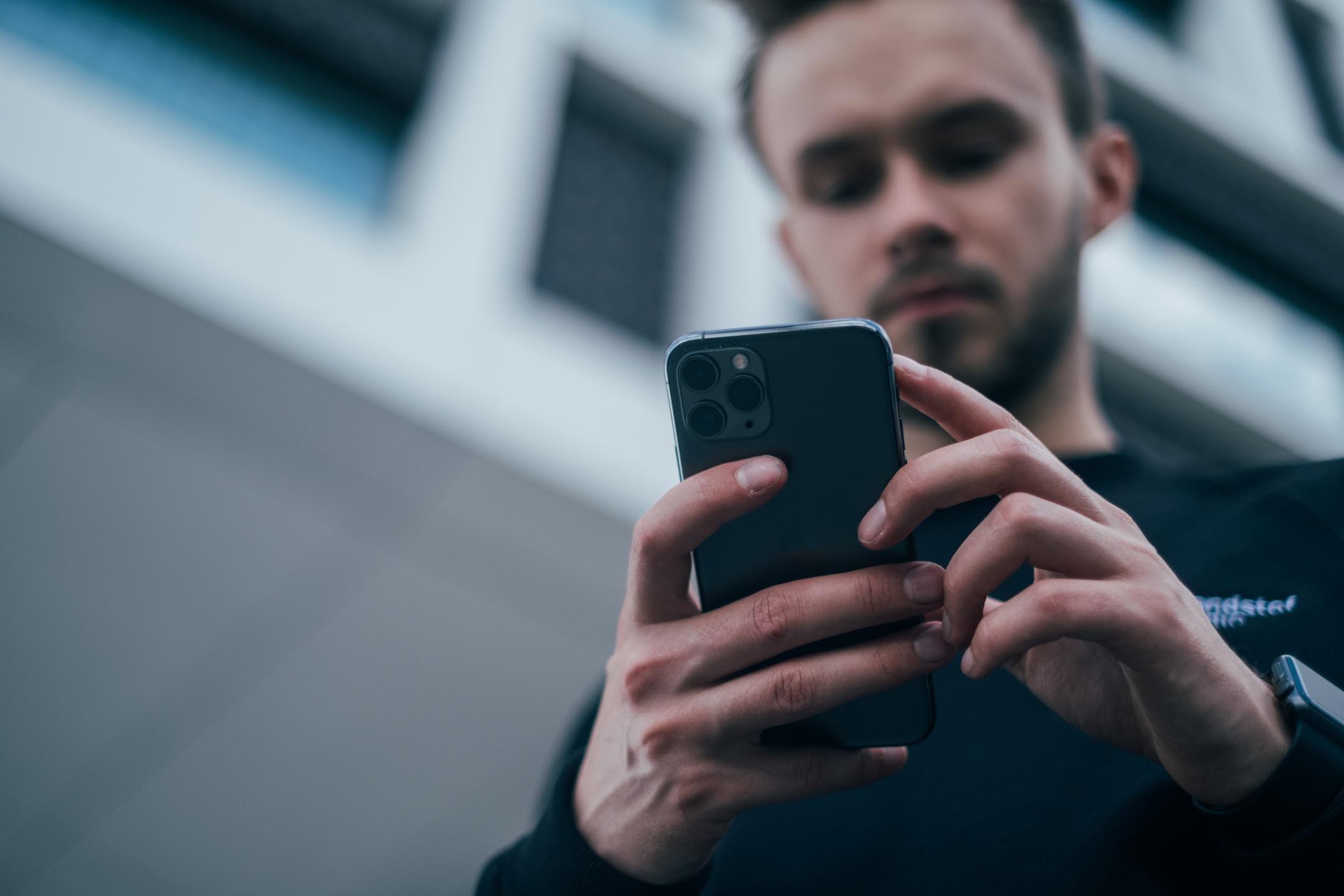
With the implementation of STIR-SHAKEN protocols, there are many companies out there that are still trying to sort out the facts and myths about what exactly user token authentication does. At Prescott-Martini, we want to help each understand what these protocols mean and what they don’t mean for your business. Read this short guide that’s meant to dispel some of these myths.
Authentication guarantees customers will answer calls.
When you have your phone number authenticated with a user token, your customers will see that you are a legitimate business and not a spammer trying to steal money from your customers. While this is a major win and identification verification will help, it’s not necessarily true that all customers will pick up.
There’s always been something intimate about calling someone on their cell phone. Even now as landlines have primarily gone the way of the world, many people don’t appreciate being called on their cell phone while they’re out running errands or trying to work. Because of this, many people will continue to ignore calls from legitimate businesses and send them directly to voicemail.
Authentication blocks unwanted calls.
Indeed, there are settings on a smartphone that make it easier to block unwanted calls. With settings that essentially range from mild, medium, and hot regarding threat level, the system isn’t perfect. Keep in mind that it’s still possible for scammers to obtain the necessary A-level authentication required to come through as a trusted call. As a result, cell phones can’t always identify the intent of the person calling.
Consider this, if you run a call center that strictly does surveys, you probably don’t want to be lumped in with spammers and salespeople. To avoid this, you’ve obtained the necessary A-level authentication. However, companies that use call centers to make a majority of their sales, will likely have the same user token authentication to ensure that their calls aren’t considered spam. The intent of your calls won’t be identified by your authentication level and will come through to potential customers the same way. If you call five minutes after somebody tries to sell your caller something, you’re not as likely to get through. So, while authentication can help to limit spam calls, it’s not capable of entirely blocking them.
All unauthenticated calls are spam.
Not everyone will be compliant with the new standards that come with user token verification. While telecom companies are required to include it as a part of their service, customers might not show up as an authenticated number. In fact, you could get a phone call from someone who's authenticated but you know very well. It simply depends on where they’re calling from.
In contrast, spam callers can use systems and technology available to telecom security companies to authenticate their numbers and receive a certain level of attestation. Keep in mind that while not all unauthenticated calls are spam, not all authenticated calls aren’t.
Get in touch to learn more
If you’d like to learn more about how we can help your company with user token authentication, get in touch by sending a message through our contact form. Our team at Prescott-Martini has your best interests in mind when implementing telecom security solutions, especially with number authentication. We understand that many businesses rely on the success of customers simply picking up the phone and these processes are designed to help improve that.
Stay updated on the latest news in the regulatory and compliance world! Sign up to receive our newsletter.